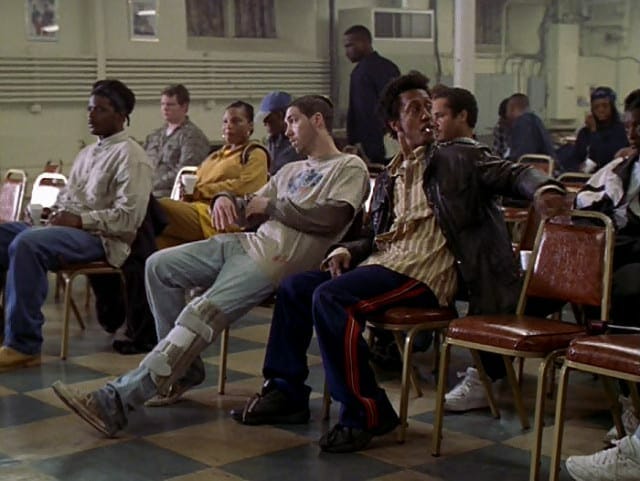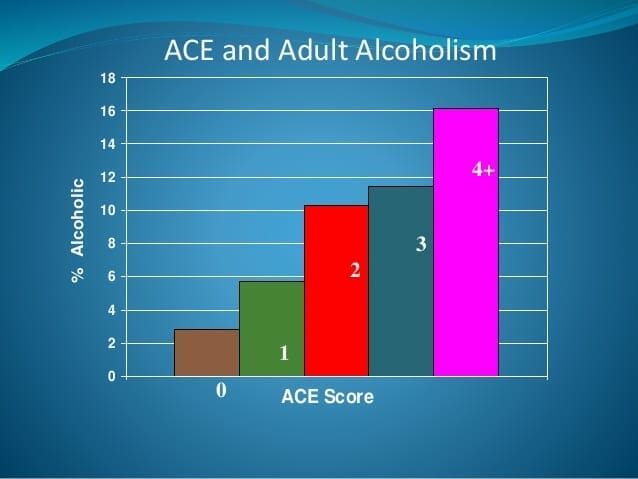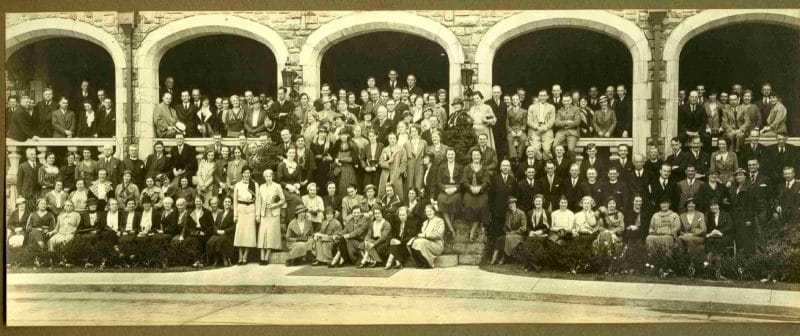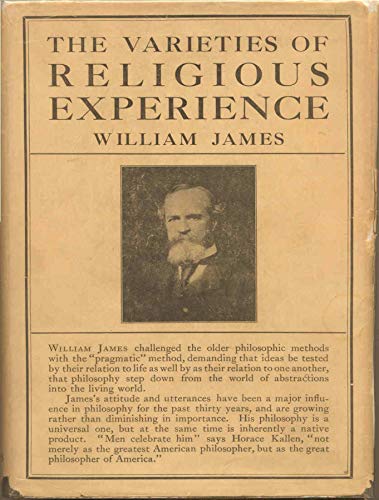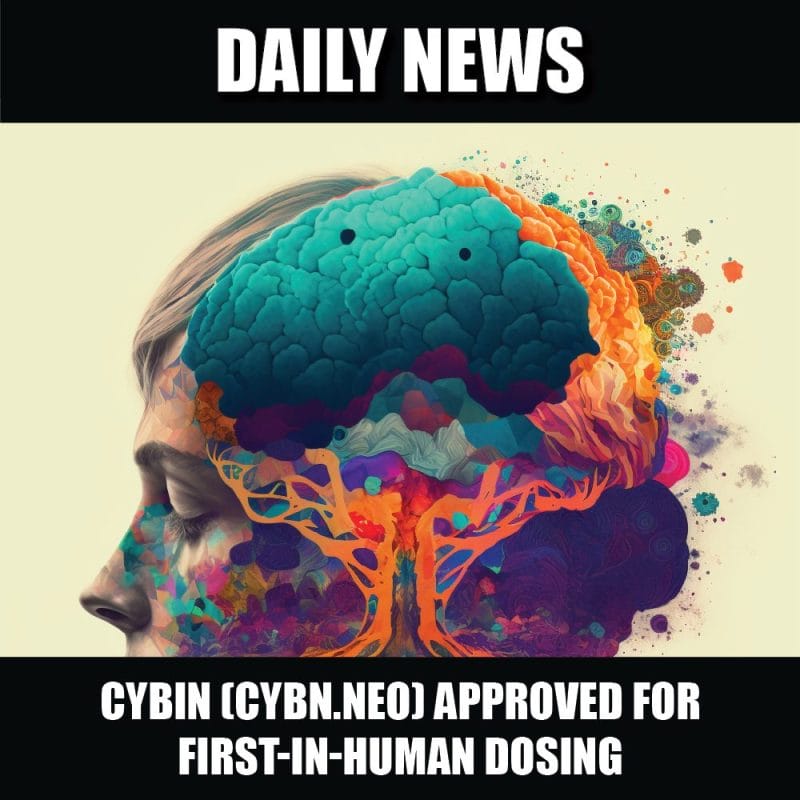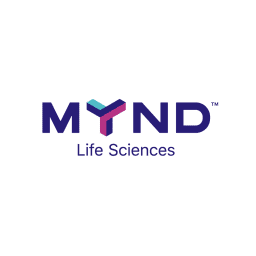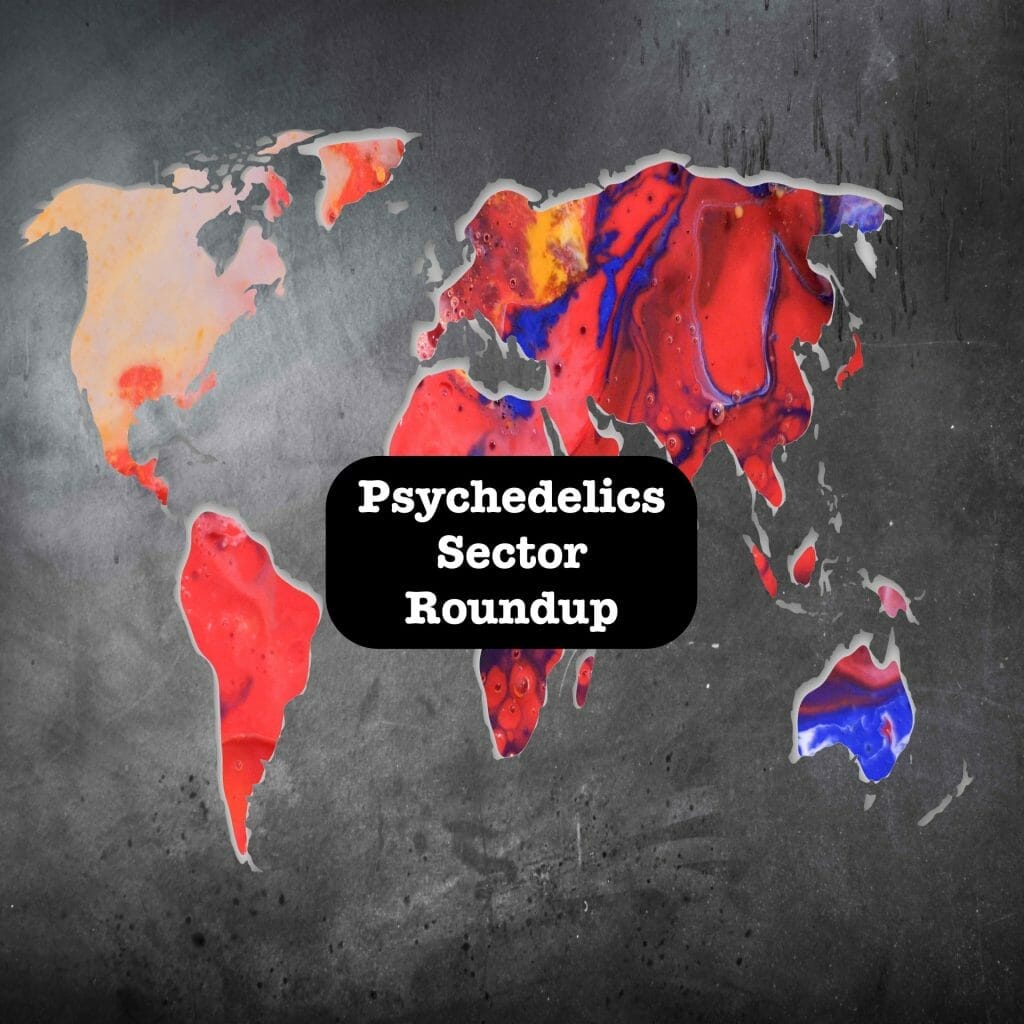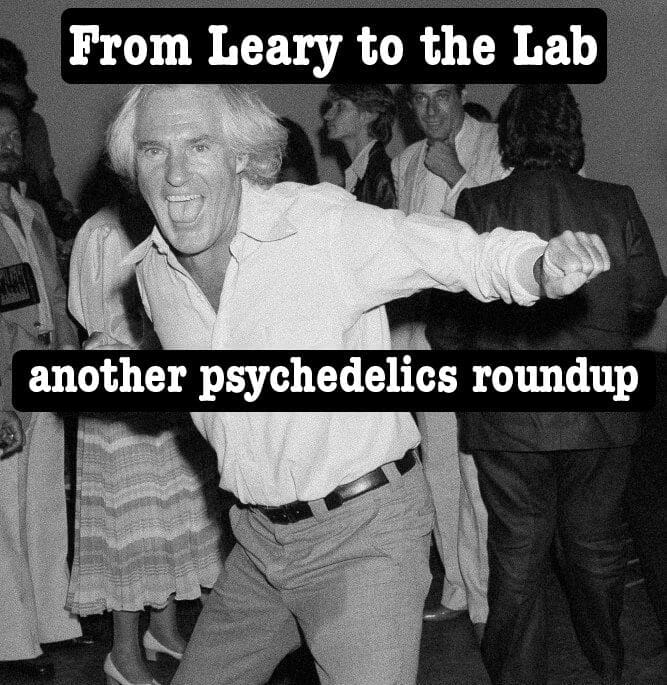They seem to have been born that way.
They are naturally incapable of grasping and developing a manner of living which demands rigorous honesty.
Today Alcoholics Anonymous (AA) is the go-to option in the judicial system for rehabilitating alcoholics. Many find themselves court-mandated to attend AA meetings as a result of a drunk-driving conviction, as well as other alcohol-related convictions, like domestic violence situations. The number of meetings you will be ordered to attend will be based on your parole officer’s evaluation. With over 115,000 groups worldwide it is by far the largest organization dedicated to alcoholism and addiction. According to many long-term members, for those who put the work into doing the 12 steps, recovery rates are high. Those who ‘get into the middle of the program’, and really take the bull by the horns have a much better shot than someone sitting at the back with their arms crossed, bailing 20 seconds before the meeting is over.
Addiction specialists will say there is only an 8-12% recovery rate and a 40% dropout rate in year 1. Like many things in life, you get what you put in.
One of the most difficult things about being a new member in 12 step groups is that everyone is at a different stage of recovery. Some people are talking about step 10, some step 5, some are stuck on the God aspect of it while others scream about God from the podium. It can be alienating for someone trying to figure out the first steps, especially if that person has social anxiety which is common amongst alcoholics. This can deter newcomers from getting involved in the program, and because no one is really leading the organization, combined with no professionals it’s essentially a community co-op for mental health and addiction.
So what if you don’t want to put in the work? According to AA literature, there is really only one possible explanation that gets read at the start of every AA meeting across the world.
Those who do not recover are people who cannot or will not completely give themselves to this simple program, usually men and women who are constitutionally incapable of being honest with themselves. There are such unfortunates. They are not at fault; they seem to have been born that way. They are naturally incapable of grasping and developing a manner of living which demands rigorous honesty.
Translation: if you don’t vibe with us, you have been broken from birth.
Alcoholics Anonymous and its 100 or so ‘Anonymous’ spinoffs base themselves on being a ‘simple, but not easy program’. They all follow the same 12 steps, with step 1 altered to fit whatever ailment is to be tackled. Food addiction, sex addiction, co-dependency addiction, marijuana addiction, etc. It’s not hard to find your niche, which, can help the newcomer find a sense of community and people they can relate to. The first step is the only one that mentions the addiction, and the following 11 are about healing the past and rebuilding the alcoholic/addict’s life, and connecting with a higher power.
The newcomer often feels alienated from other alcoholics or addicts in active addiction, as well as ‘normies’ – people who can drink responsibly. This leaves them with the group or fellowship as it’s called in AA. Nowadays there is an increasing curiosity growing in the rooms about topics like ayahuasca and other psychedelics which have been proven to be helpful in treating things like addiction and PTSD. New science is emerging,but the AA program that has largely remained unchanged for 80 years has no interest in changing.
Dr. Gabor Mate, a Numinus (NUMI.V) board member and expert in addiction and trauma states on his website:
I completely appreciate the 12 steps, and I talk about them in my book where I have an appendix on them. I think where they fail or where they miss something is when they focus on action while tending not to look at the underlying emotions and the experiences that underlie those emotions. You can go to 12-step groups for a long time and never find out how traumatized you were. That’s where the missing piece is and has been for a long time.
The patients that I worked with – I’m talking about hardcore, street level drug users, people injecting cocaine and heroin and so on – not a single one of them ever came to me and said, “Doc, I was traumatized, and I’m using that as an excuse to do drugs.” They didn’t know they were traumatized.
The ACE score measures the amount of trauma, neglect, and abuse a person experiences before the age of 18. The higher the ACE score, the more exposure.
A 1990 study showed people with an ACE score of 4 or higher were:
- 460% more likely to be depressed
- 12 times more likely to attempt suicide
- 5 times more likely to develop heart disease
- 5 times more likely to engage in domestic abuse
- About 1.5 times more likely to be physically inactive and have severe obesity
- More likely to develop adult diseases like cancer, chronic lung disease, and liver disease
New science
Johns Hopkin’s 2014 psilocybin for nicotine addiction study was so successful that it spurred a new wave of companies wanting to dig deeper into the potential for other addictions. NeonMind Biosciences (NEON.C) is working towards clinical trials for psilocybin for food addiction. Cybin (CYBN.NE) announced last week it will be studying psilocybin for treating alcohol addiction.
“The evidence of increased alcohol use during this ongoing pandemic is startling. For so many individuals and families, Alcohol Use Disorder can be disruptive, even devastating. We are optimistic that CYB003 could have the potential to improve the lives of AUD sufferers and their loved ones by providing a durable respite from alcohol dependence and the potential to overcome this often-crippling disease,” Doug Drysdale, Cybin CEO
Cybin is confident that its proprietary deuterated CYB003 New Chemical Entity (“NCE”) could be an ideal investigational new drug candidate for a future AUD clinical trial once further pre-clinical data has been collected. Cybin is targeting an IND filing for CYB003 by the end of this year. As the psychedelic industry continues to evolve with positive studies, Cybin believes that these molecules may have the potential to fill current unmet treatment needs for various psychiatric and neurological conditions.
The company points out their reasoning for the study:
- The rate of all alcohol-related ED visits increased 47 percent between 2006 and 2014.
- Alcohol contributes to about 18.5 percent of ED visits and 22.1 percent of overdose deaths.
- An estimated 95,000 people in the U.S. (approximately 68,000 men and 27,000 women) die from alcohol-related causes annually, making alcohol the third-leading preventable cause of death in the United States.
- Between 2011 and 2015, the leading causes of alcohol-attributable deaths due to chronic conditions in the United States included alcohol-associated liver disease, heart disease and stroke, liver cirrhosis, digestive tract cancers, liver cancer, breast cancer, and hypertension.
- In 2015, alcohol-impaired driving fatalities accounted for 29.0 percent of all driving fatalities.
- In 2010, alcohol misuse cost the United States $249 billion. Three-quarters of the total cost of alcohol misuse is related to binge drinking.
Dogma
The debate of science vs. religion goes back long before the days of Alcoholics Anonymous. And while AA technically isn’t a religion, its religious foundations and modern adaptations like the Lord’s prayer across meetings in America does operate much like a religion, with morality-based stories and anecdotes, dogma, weekly meetings often in churches, and a set of rules to live by. It is an unchanged, closed system.
In the United States, the Lord’s prayer is commonly said at meetings.
Newcomers are told they can create their own god or higher power, however, as members stack up their years in the program the Christian undertones become overwhelming. In AA’s textbook, the big book claims to agnostic readers that they will ‘one day understand God the way we understand God.’
The program was built largely on religious foundations as its founder Bill Wilson was heavily influenced by the Oxford Group, a now-defunct Lutheran Christian organization. Much of Wilson’s inspiration for some of the more spiritual aspects of the program came from William James’ book ‘The Varieties Of Religious Experience‘. Carl Jung was also consulted in the early days of AA, he said if the alcoholic can’t have a spiritual experience recovery will be next to impossible.
AA has been proven to work for some, but at the end of the day, is it wise to completely ignore modern science? Of course, most in AA will not ask this question as the unchanging nature of the program is a feature, not a bug. Members are encouraged to keep new ideas on the down low, as to not disturb delicate traditions and rituals.
But, when governments take a look at the data around the effectiveness of newer modalities like psychedelics and psychedelic-assisted therapy, I have to think it could have an impact on where the system sends alcoholics and addicts to recover in the future. Of course, a screening process and assessments of family history with regards to mental health would be a crucial safety measure.
Wilson himself was influenced by psychedelics in the 1960s through tripping with author Aldous Huxley. In AA, this would be considered a relapse. But, Wilson concluded that 30 years after writing the Big Book that he believed psychedelics, namely, LSD could be helpful in treating alcoholics who had a difficult time achieving a spiritual experience or change outlined in step 3 of the 12 steps. This development has been hidden from AA and bringing it up in meetings is practically forbidden. However, it is likely a window into the future of addiction treatment where proven methods meet experimentation, especially for people who are deeply traumatized.


